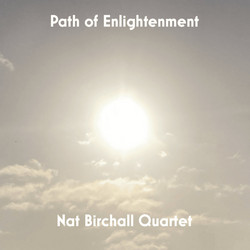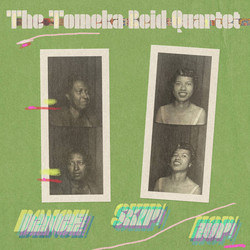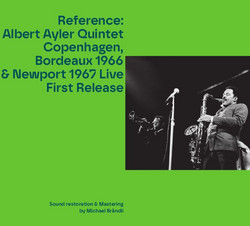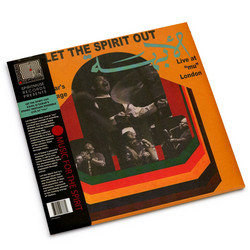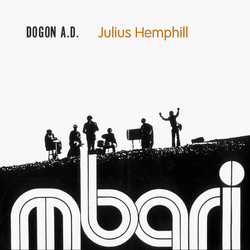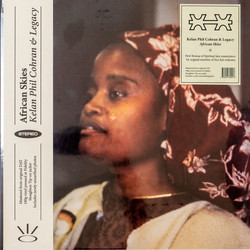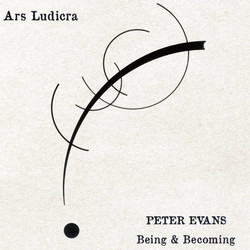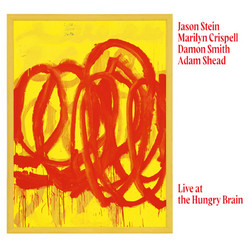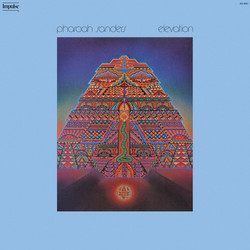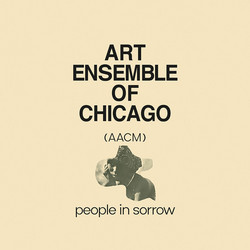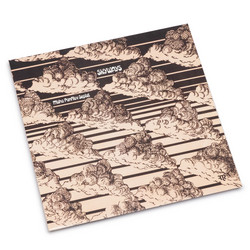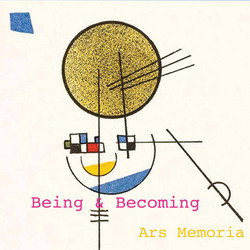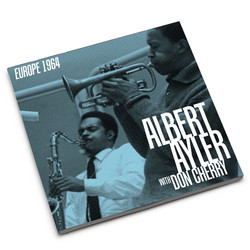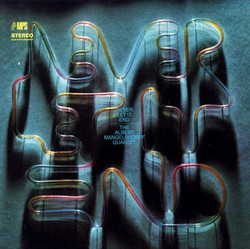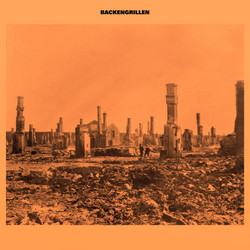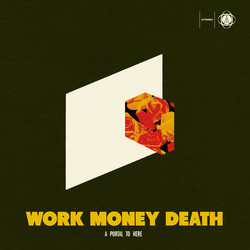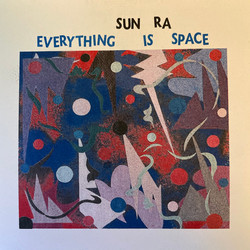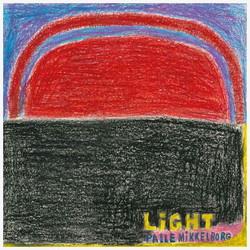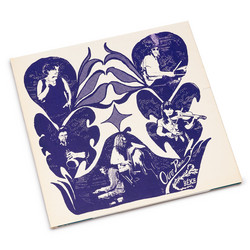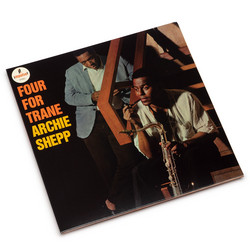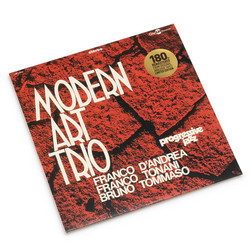** Gatefold 2 folders with booklet 24 pp. and Cd with black sleeve ** From Gleam Records, one of Italy's most engaging imprints dedicated to the outer reaches of jazz - comes a true marvel: the first ever vinyl reissue of Modern Art Trio's lone self-titled LP, originally released by Vedette in 1971. A rare and thrilling artifact that utilizes serialism and 12 tone technique within the idiom of freely improvised jazz and hard bop, its absolute singularity and distinct sound has placed it as one of the most hotly pursued LPs to have emerged from Rome in its day.
Since its humble founding in 2017, Gleam Records has primarily set its efforts toward illuminating the fascinating contemporary context of Italian jazz. For their latest venture, however, they’re diving back into the shadows of time and excavating some serious gold from 1971, reissuing, for the very first time, Modern Art Trio’s legendary lone recording excursion. An almost entirely singular hybrid of avant-garde serialism, free music, and hard driving progressive jazz, for decades it’s remained highly salut after holy grail, with prices climbing toward the clouds. Thankfully, the wait for humble collectors has come to an end with this beautiful 180 gram vinyl reissue from Gleam, fully licensed and remastered from the restored original analog tapes, and housed in a perfect reproduction sleeve containing a newly commissioned 8-page booklet containing liner notes by Francesco Cataldo Verrina and an essay by Luca Bragalini. Killer, towering, and absolutely essential for any fan of Italian music and jazz at large.
While the band lasted for a number of years, The Modern Art Trio only recorded a single full length, issued by Vedette in 1971 with the sub-heading progressive jazz. Blending the strategies and techniques of free improvisation and avant-garde classical music, the outcome, sprawling across the album’s six compositions, is a fascinating trojan house of ideas resting within the aesthetics of hard bop. As the rhythm section of Bruno Tommaso and Franco Tonani lay down a driving sense of continuous momentum, Franco D’Andrea dances above in a staggering progression of tonal interplay on acoustic and electric piano, as well as occasional interventions on soprano saxophone - Tonani also occasionally moves to trumpet and songwhistle, culminating as form of jazz like few others, it’s complexity and sophistication rest within its surprising and nearly unpredictable tonal arrangements - logical and order without sacrificing the fire and immediacy - while remaining decidedly within the idiom of jazz.
A thrilling and engrossing listen from start to finish that’s slow to reveal its subtleties and rich with rewards when it does, once encountered, it’s easy to understand why The Modern Art Trio’s lone, self-titled LP has been so hotly pursued by collectors for so long and comments to towering prices it does. Totally essential, Gleam’s beautiful 180 gram vinyl reissue, fully licensed and remastered from the restored original analog tapes, is housed in a perfect reproduction sleeve containing a newly commissioned 8-page booklet containing liner notes by Francesco Cataldo Verrina and an essay by Luca Bragalini. It is completely essential and one of greatest and rarest artefacts of 1970s Italian jazz.
